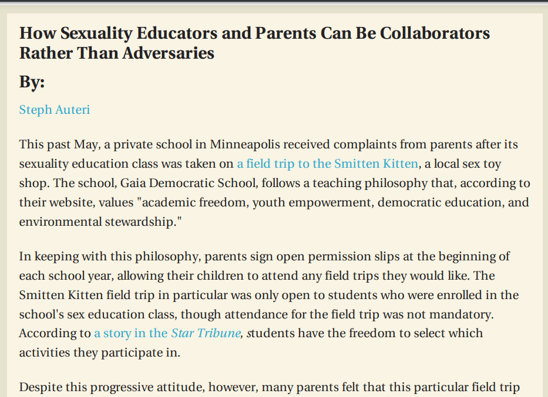Popular feminism, sexual violence and the news
Popular and neoliberal feminism
The past few years have witnessed the increasing visibility of feminism across an array of media. Celebrities such as Beyoncé, Oprah Winfrey and Miley Cyrus, high-powered women in the corporate world such as Sheryl Sandberg, movie stars like Emma Watson and the new Duchess of Sussex, Meghan Markle, are the new faces of feminism. If just a decade ago, prominent feminist scholars were writing about the coalescing of a postfeminist sensibility and the renunciation of feminism in the mainstream and popular media (Gill, 2007; McRobbie, 2009), today, by contrast, the cultural landscape seems to be characterized by the widespread embrace and popularity of feminism. Sarah Banet-Weiser (2018: 8) has even suggested that ‘[t]he question du jour for female (and some male) celebrities has become, “Are you a feminist?”’ Moreover, recent accounts have shown that a dominant strand of feminism circulating in mainstream and popular media, particularly in the Anglo-American world, is one that encourages women to focus on their personal empowerment and aspirations (Banet-Weiser, 2018; Rottenberg, 2018). Indeed, championing gender equality and identifying as a feminist have become a mark of pride and source of cultural capital for many high-profile women. The UK press has been a central site in which this type of ‘popular’ (Banet-Weiser, 2018) or ‘neoliberal’ (Rottenberg, 2018) feminist discourse, which tends to obscure structural critiques of gender inequality, has been disseminated and, thus, gained prominence.














































